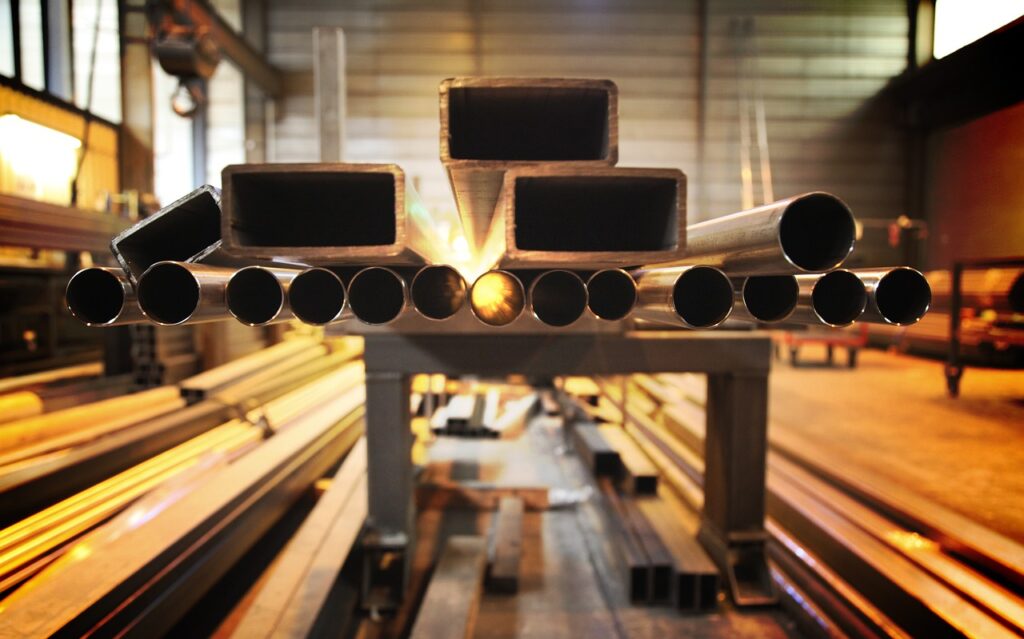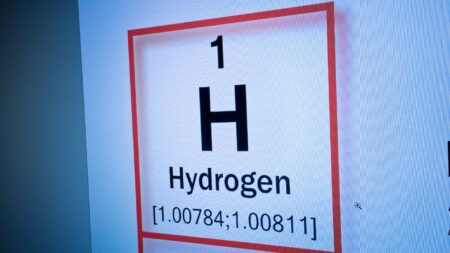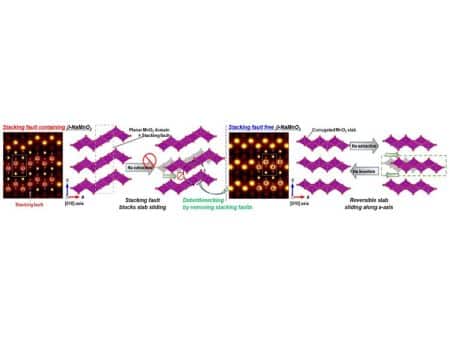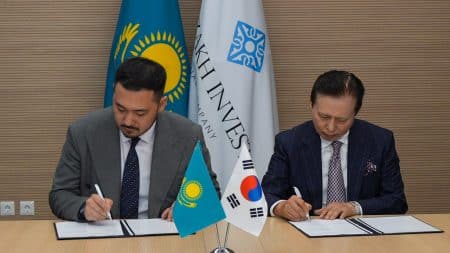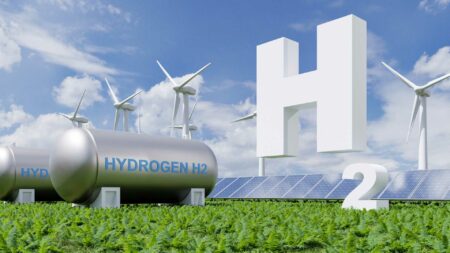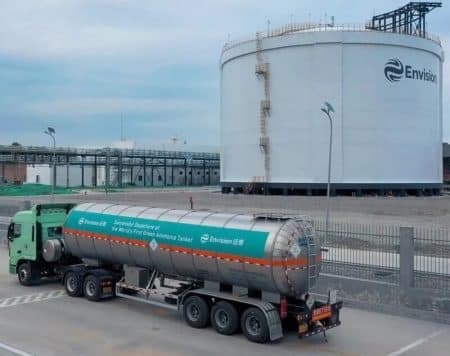South Korea’s steel industry, a global heavyweight, is facing mounting pressure to embrace hydrogen-based direct-reduced iron (DRI) technology.
Environmental campaigners and industry experts are raising alarms about the potential competitive disadvantage against Europe, the United States, and Japan if South Korea does not significantly increase its subsidies for this emerging technology.
A recent report by Solutions for Our Climate (SOFC), a non-profit organization known for its legal challenges against the Korean government’s support for blue hydrogen, highlights the disparity in government spending on hydrogen-based steelmaking. According to the report, the German government is outspending its Korean counterparts by a factor of 38, despite Germany producing only half the amount of steel that Korea does. This significant investment gap could have far-reaching implications for South Korea’s position in the global steel market.
Hydrogen-based DRI technology is viewed as a cornerstone of the future steel industry, offering a pathway to drastically reduce carbon emissions. Traditional steelmaking processes are highly carbon-intensive, and hydrogen-based methods promise to cut down these emissions significantly by using hydrogen instead of coal. The adoption of this technology is critical for meeting international climate targets and maintaining competitiveness in an increasingly green-conscious market.
Germany’s aggressive investment in hydrogen DRI technology sets a challenging benchmark. The German government has committed substantial funds to support the transition to green steel, recognizing the dual benefits of reducing carbon emissions and securing a leading position in the next generation of steel production. This proactive approach is contrasted sharply with South Korea’s relatively modest support, raising concerns about the long-term viability of its steel industry.
The potential consequences for South Korea are significant. Without increased subsidies and a robust commitment to hydrogen-based technologies, South Korean steel producers risk falling behind their international counterparts. This lag could result in lost market share, reduced competitiveness, and a diminished ability to meet the growing demand for green steel from environmentally conscious consumers and regulators.

